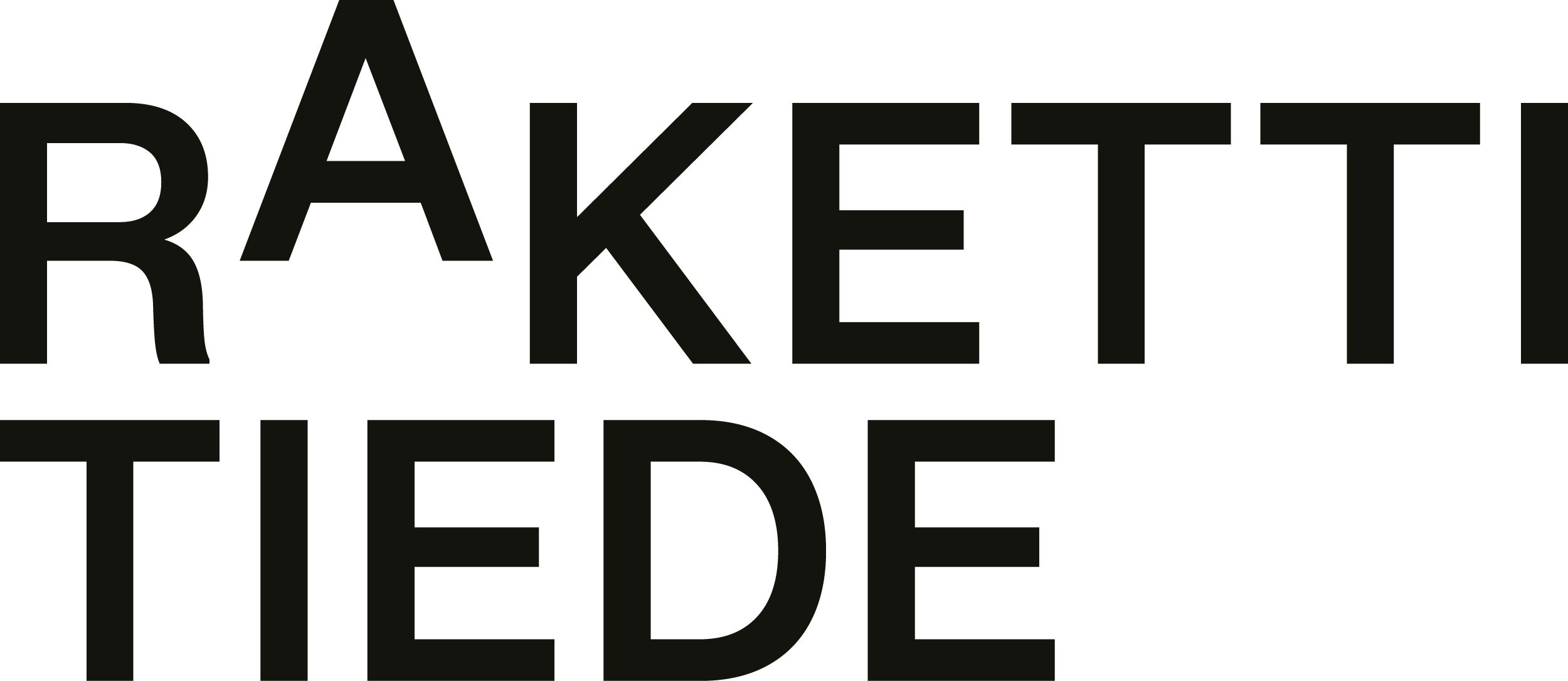Quis custodiet ipsos custodes – or “how to onboard a consultant”
An exciting software project underway and a brand-new consultant in the house – happy days! However, before a successful lift off, there’s one more crucial step to take care of: onboarding.
1. Why am I here?
Have an idea of what the consultant should be doing? Say it upfront.
And even if you’re not 100% sure how to explain it yet, just get it out there. The words don’t have to be perfect – sometimes the real meaning only clicks after a dozen other things fall into place. But giving the consultant a peek behind the curtain early on helps them connect the dots faster.
Not sure what they should do? That’s cool too – just say so. A good consultant might have some solid suggestions you haven’t even thought of yet. Either way, being open from the start makes everything run smoother.
2. Gimme, gimme, gimme!
Consultants are pros at handling information overload.
If your documentation is scattered across random folders and old message threads, don’t stress. Just dump the whole messy pile on the consultant’s desk. Seriously. They’ll figure out what’s missing soon enough.
Experts know how to untangle the chaos. That’s why it’s crucial to give them access to everything from the get-go. Sure, you can try to organise things a bit first – but don’t hold up the whole onboarding process because someone’s been polishing the perfect sentence for a week. Progress beats perfection every time.
3. Need to know: everything
We’re not saying there’s a need to hand over the holiday rota or a dusty finance report from days of yore. But anything even remotely related to the software project? That should be within the consultant’s reach – at least if they ask for it. A lot of unnecessary delays and frustration come from assuming, “Oh, they don’t need to know about X because they’re only working on Y.” Spoiler alert: Y often depends heavily on X.
When it turns out that some obscure detail is actually critical, it can be a pain to have to convince the gatekeeper to share it. The less mysterious your system looks to the consultant, the faster they can build the features you actually need!
4. They’ll ask you when they need to
Be ready to follow up.
After the initial info dump, it’s almost guaranteed that not everything will be crystal clear right away. Consultants aren’t tape recorders – they’ll circle back and ask again if something’s unclear or if some piece of information is missing.
And you shouldn’t worry about the questions sounding “dumb”. At Rakettitiede, there are zero dumb consultants. You can safely assume that if they’re asking, it’s for a good reason. More often than not, the questions are actually sharper than you’d think.
5. When stacks don’t stack up
Consultants know a lot – but not everything.
The sheer number of technologies floating around in software projects is wild. So the odds are your team is using something the consultant hasn’t worked with yet.
That’s not a bug but a feature.
A great consultant isn’t someone who knows every tool out there. It’s someone who can quickly get up to speed with whatever new tech they encounter. That adaptability is part of what makes them valuable.
6. You can tell me, I’ve heard it all
Sometimes, the information’s just… gone.
It happens. Maybe the last person who knew how thing Z worked was Gary or Mary from the basement floor, but neither has been seen since one of them went off to find themselves at a yoga retreat two years ago. If no one knows how Z works anymore, just say it. Yes, it stings. But it’s better to be upfront.
And the chances are, someone – probably a certain consultant – will be in the know soon enough.
7. How do you open this?
A good rule of thumb? Throw the consultant straight into the deep end.
Give them a bit of time and some peace to work, and they’ll swim just fine. Sure, once in a while it makes sense to start with a simple “Fix this bug and we’ll go from there” task – but most of the time, it’s better to dive right into it. That way, the consultant gets motivated by doing meaningful work and doesn’t end up stuck as the project manager’s errand runner.
Remember: consultants love digging into code, poking around, and getting their hands dirty. Leaving them idle is a waste.

